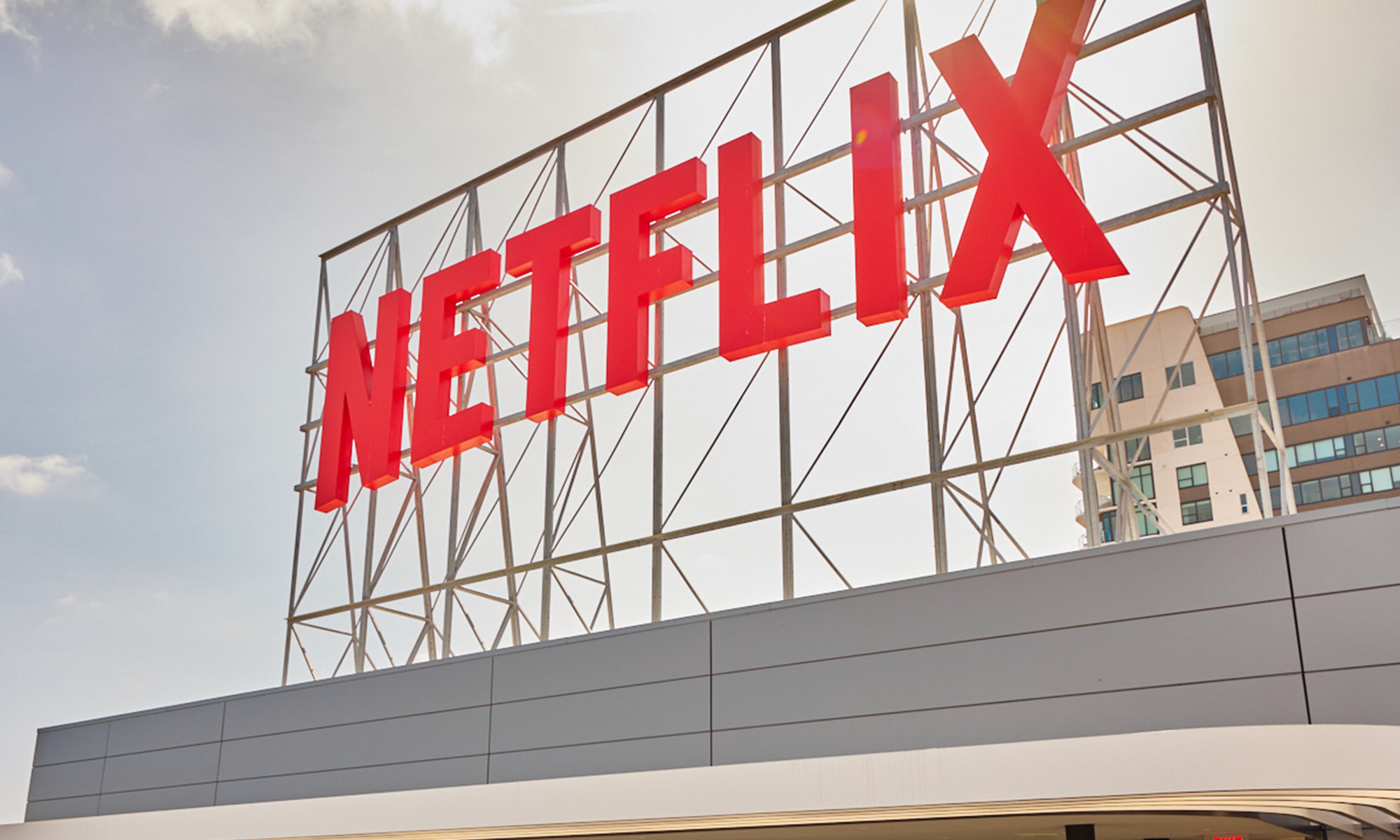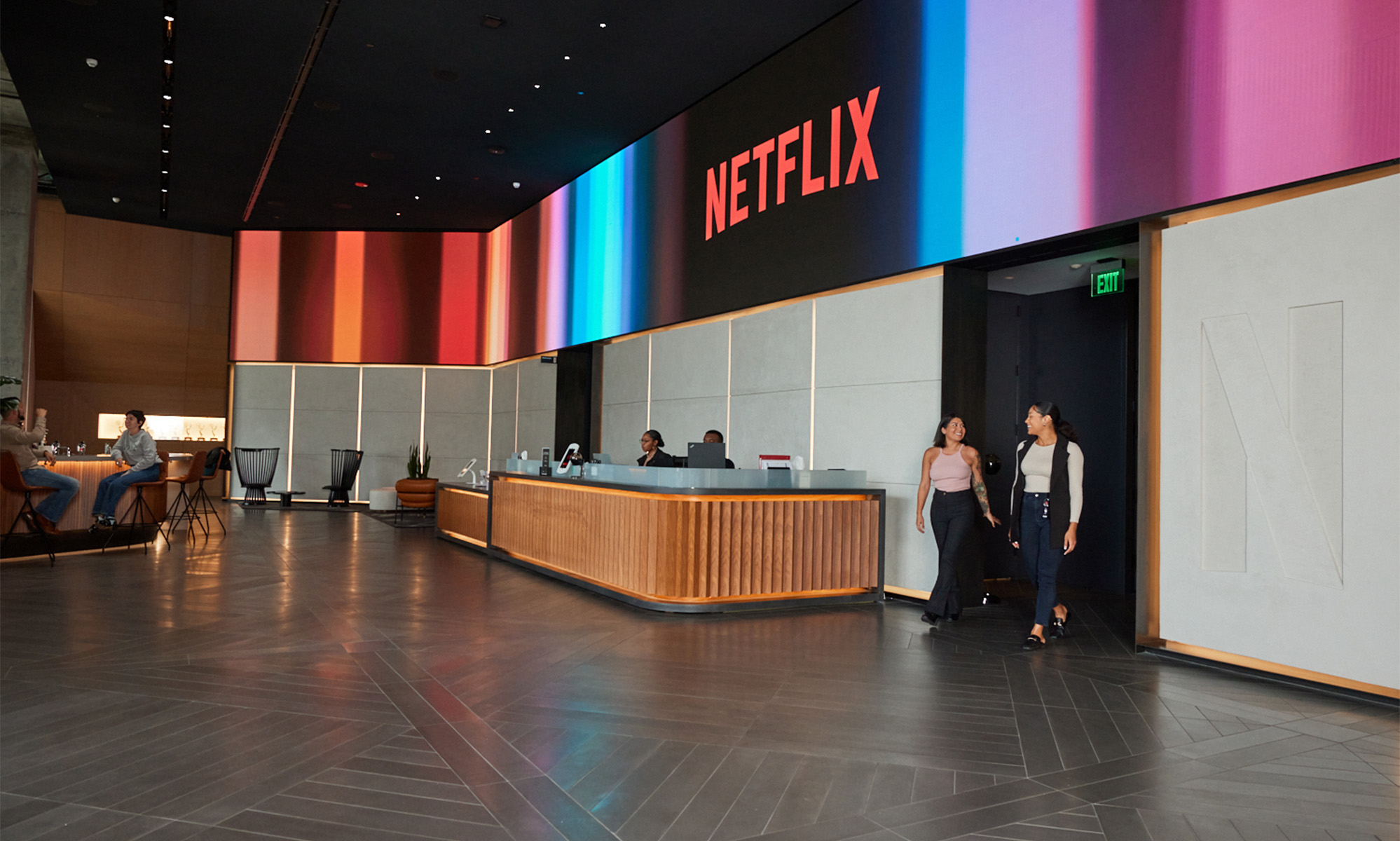Netflix's (NFLX 0.65%) subscriber gains for the first quarter of fiscal 2020 absolutely crushed estimates as people turned to the company's services for their source of entertainment amid the coronavirus-induced lockdowns across the globe.
The streaming giant added 15.8 million new subscribers during the three months that ended on March 31, which was more than double the company's own estimate of 7 million new additions. However, the uncertainty caused by the COVID-19 outbreak led Netflix management to warn investors that the momentum might not be sustainable.

Image Source: Getty Images
Netflix management strikes a cautious tone
CEO Reed Hastings said on the latest earnings conference call:
We've had an increase in subscriber growth in March. It's essentially a pull forward of the rest of the year. So our guess is that subs will be light in Q3 and Q4 relative to prior years because of that.
Netflix's shareholder letter also pointed out that the company expects "viewing to decline and membership growth to decelerate as home confinement ends." That's a prudent assumption to make, as subscriber additions may go down when people start moving out of their homes again. But there's a chance that Netflix's subscriber tailwind may continue in the wake of the coronavirus outbreak.
That's because some form of social distancing may have to be followed to avoid a second wave of the pandemic. Centers for Disease Control and Prevention director Robert Redfield has warned of a second wave of the COVID-19 outbreak that could potentially coincide with the flu season this winter.
As a result, Redfield said he believes that the need for social distancing will remain even when lockdown restrictions are eased. Going to public places such as restaurants, amusement parks, and movie theaters may not be the same as before -- at least in the near future -- as stringent social distancing norms are likely to remain in place.
Moreover, there remains the possibility that people may abstain from going to crowded places to reduce the risk of contracting the virus even after lockdowns are lifted. This could help Netflix score more subscribers in the future, as people may prefer streaming content from the comfort of their homes than going to a movie theater.
The economic fallout of COVID-19 could be another catalyst
Another reason why Netflix could remain in demand in a post-coronavirus scenario is because of the economic implications of the disease. Over 26 million Americans have filed for initial unemployment claims over the past five weeks. Morgan Stanley forecasts that the unemployment rate for the second quarter could average 15.7%.
This could have a direct impact on consumer spending. People may try to stretch their dollar given the uncertain employment scenario, and this could be a tailwind for Netflix. That's because binging on Netflix content at home turns out to be a much cheaper alternative than going to a theater or amusement park.
The streaming specialist expects to add 7.5 million new paid subscribers in the second quarter. That would be a huge jump over the 2.7 million new additions in the prior-year period. However, it won't be surprising to see Netflix exceed its own expectations as lockdowns across the globe are extended to contain the outbreak.
More importantly, Netflix management believes that the company won't be running out of new content this year. There have been concerns that the company's new content pipeline may dry up as production remains suspended across the globe, but Chief Content Officer Ted Sarandos laid them to rest on the latest earnings call. He said:
So our 2020 slate of series and films are largely shot and are in post-production remotely in locations all over the world ... we're actually pretty deep into our 2021 slate.
As a result, Netflix has the potential to keep users hooked to its platform. The company can keep rolling out new content for the remainder of the year, and that could translate into stronger subscriber growth for this media stock as the world comes to terms with the fallout of the coronavirus pandemic.





